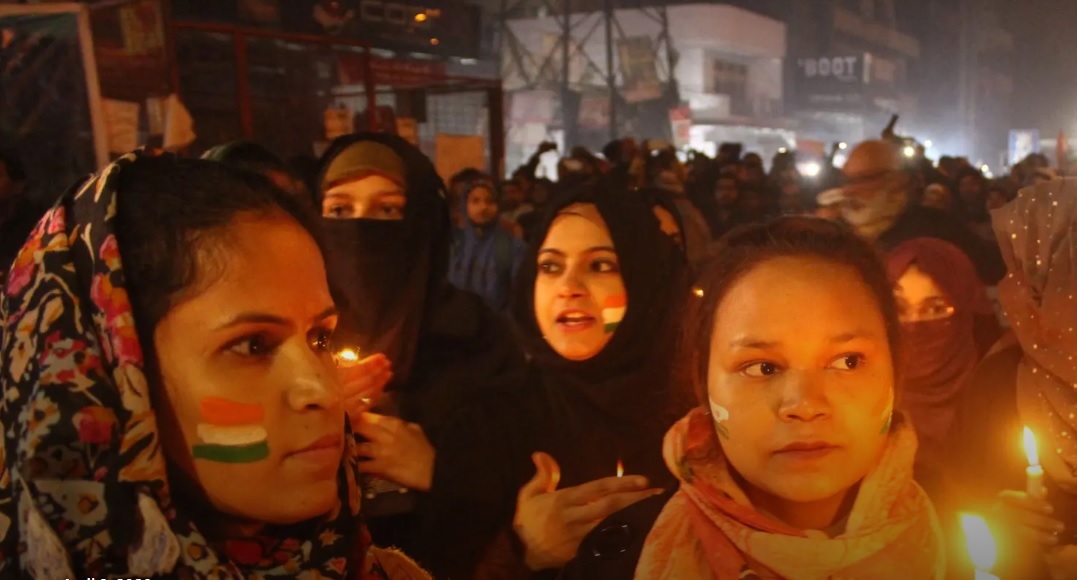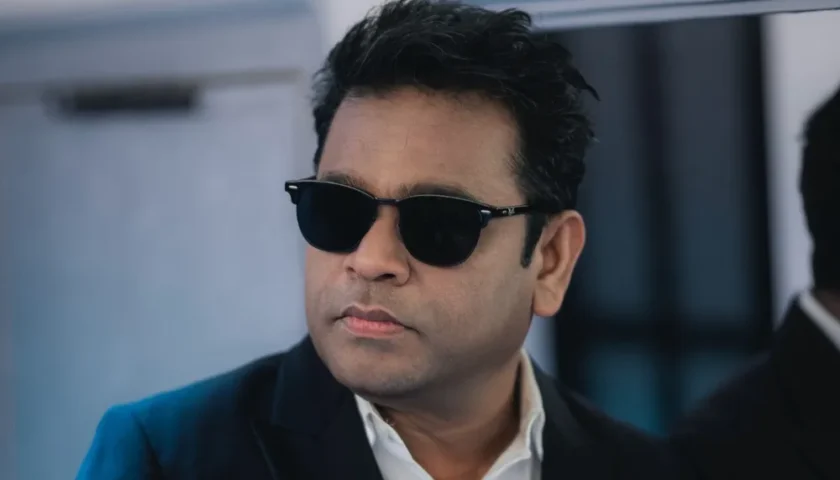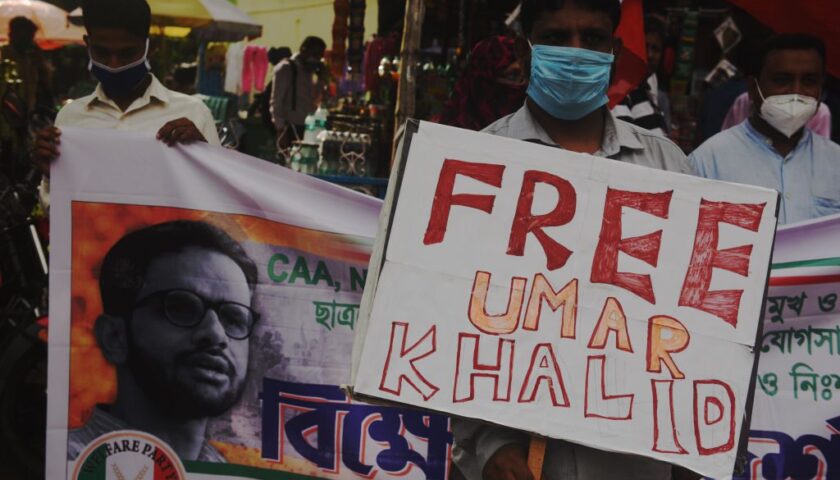Hate-Filled Songs and Rising Islamophobia: A Dangerous Trend in India
In the aftermath of the tragic Pahalgam attack, which claimed the lives of 25 tourists and a local pony rider, India finds itself grappling with a disturbing trend: the rise of hate-filled songs targeting Indian Muslims. These incendiary tracks, often referred to as Hindutva Pop, have flooded digital platforms, amplifying Islamophobic rhetoric and stoking division among communities.
Less than 24 hours after the attack, songs with titles like “Pehle Dharam Pocha” (They Asked About Religion First) surfaced on YouTube, accusing Indian Muslims of betrayal and calling for their exclusion from society. These songs, set to catchy beats and rhymes, have garnered thousands of views, becoming the soundtrack to a broader campaign of hate and fear.
The Rise of Hindutva Pop: Music as a Weapon
Hindutva Pop, a genre rooted in Hindu majoritarian ideology, has emerged as a powerful tool for spreading divisive narratives. These songs often:
- Label Indian Muslims as “traitors.”
- Advocate for their boycott and exclusion.
- Push hyper-nationalist rhetoric, calling for violent retribution against Pakistan.
The lyrics are chillingly consistent, portraying Muslims as conspirators against Hindus and urging communities to sever ties with them. This digital campaign mirrors real-world violence, with reports of Muslims facing attacks, evictions, and even denial of medical care in states like Uttar Pradesh, Haryana, and Maharashtra.
Historical Context: The Weaponization of Music
The use of music as a tool for propaganda is not new. Throughout history, songs have been employed to:
- Mobilize communities during wars and revolutions.
- Spread ideological messages in times of political unrest.
- Amplify hate speech against marginalized groups.
In India, the rise of Hindutva Pop reflects a dangerous shift, where music is no longer a medium of unity but a weapon of division. This trend is reminiscent of other global instances, such as:
- Nazi Germany, where propaganda songs fueled anti-Semitic sentiments.
- The Balkans, where nationalist music exacerbated ethnic conflicts.
The Societal Impact: Fear, Division, and Resilience
The proliferation of hate-filled songs has far-reaching consequences:
- Erosion of Social Harmony: These tracks deepen divides between communities, undermining India’s secular fabric.
- Normalization of Hate Speech: By packaging Islamophobia in catchy tunes, Hindutva Pop makes prejudice more palatable.
- Psychological Impact: Targeted communities face heightened anxiety and fear, affecting their mental health and sense of belonging.
Despite these challenges, many Indians are standing up against hate. Activists, artists, and community leaders are using their platforms to promote messages of unity and resilience.
Global Lessons: How the World Has Seen Wars and Recovered
India’s current situation is a reminder of the devastating impact of division and conflict. However, history also offers hope:
- Post-War Germany: After World War II, Germany implemented strict laws against hate speech and propaganda, fostering reconciliation.
- South Africa: The end of apartheid was marked by efforts to rebuild trust through truth and reconciliation commissions.
- Rwanda: Following the genocide, Rwanda prioritized unity and economic recovery, becoming a model for post-conflict rebuilding.
India can learn from these examples, focusing on policies that promote inclusivity and counter hate speech.
Call to Action: Building Bridges, Not Walls
The rise of hate-filled songs targeting Indian Muslims is a wake-up call for all stakeholders—government, media, and civil society. To combat this trend, we must:
- Strengthen Laws Against Hate Speech: Implement stricter regulations to hold creators of divisive content accountable.
- Promote Positive Narratives: Encourage artists to create music that celebrates diversity and unity.
- Educate Communities: Raise awareness about the dangers of Islamophobia and the importance of social harmony.
- Support Marginalized Groups: Provide resources and platforms for targeted communities to share their stories and experiences.
Bottom-Line: A Path Forward
India stands at a crossroads, where it must choose between division and unity. The rise of Hindutva Pop is a symptom of deeper societal issues, but it also presents an opportunity for reflection and change. By addressing the root causes of hate and promoting messages of inclusivity, India can reaffirm its commitment to secularism and social harmony.




